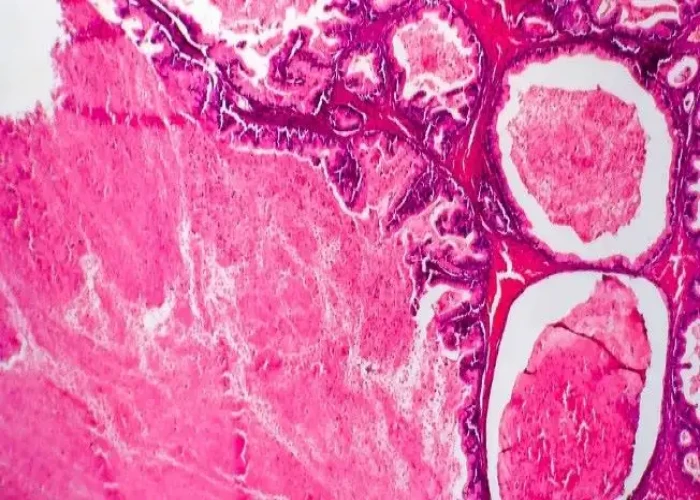 Welcome
Welcome
“May all be happy, may all be healed, may all be at peace and may no one ever suffer."
Soft tissue sarcoma

Soft tissue sarcoma is a type of cancer that affects the soft tissues of the body, including muscles, tendons, fat, blood vessels, and nerves. Soft tissue sarcomas can occur anywhere in the body, but they are most commonly found in the arms, legs, and trunk.
Soft tissue sarcomas are relatively rare, accounting for less than 1% of all cancers. The cause of soft tissue sarcomas is not fully understood, but some risk factors have been identified, including exposure to radiation, certain chemicals, and inherited genetic mutations.
The symptoms of soft tissue sarcoma can vary depending on the location and stage of cancer. Common symptoms include a painless lump or swelling, pain, and difficulty moving the affected area. In some cases, there may be no symptoms at all.
Diagnosis of soft tissue sarcoma typically involves a physical exam, imaging tests, and a biopsy of the affected tissue. Treatment for soft tissue sarcoma depends on the stage and location of the cancer and may include surgery, radiation therapy, chemotherapy, targeted therapy, or a combination of these treatments.
The prognosis for soft tissue sarcoma depends on a variety of factors, including the stage and location of cancer, the person's age and overall health, and the effectiveness of the treatment. With early diagnosis and treatment, the prognosis for soft tissue sarcoma can be good.
If you experience any symptoms of soft tissue sarcoma or have a history of risk factors, it is important to consult with a healthcare provider for further evaluation and diagnosis.
Research Papers
Disease Signs and Symptoms
- Tissue cancer or tumor
- Vaginal cancer
- Abdomen cancer
- Abdomen lump
- Abdomen pain
- Weight loss
Disease Causes
Soft tissue sarcoma
In most cases, it's not clear what causes soft tissue sarcoma.
In general, cancer occurs when cells develop errors (mutations) in their DNA. The errors make cells grow and divide out of control. The accumulating abnormal cells form a tumor that can grow to invade nearby structures and the abnormal cells can spread to other parts of the body.
The type of cell that develops the genetic mutation determines what type of soft tissue sarcoma you have. For example, angiosarcoma begins in the lining of blood vessels, while liposarcoma arises from fat cells. Some types of soft tissue sarcoma include:
- Angiosarcoma
- Dermatofibrosarcoma protuberans
- Epithelioid sarcoma
- Gastrointestinal stromal tumor (GIST)
- Kaposi's sarcoma
- Leiomyosarcoma
- Liposarcoma
- Malignant peripheral nerve sheath tumor
- Myxofibrosarcoma
- Rhabdomyosarcoma
- Solitary fibrous tumor
- Synovial sarcoma
- Undifferentiated (pleomorphic sarcoma)
Disease Prevents
Disease Treatments
Your treatment options for soft tissue sarcoma will depend on the size, type and location of your tumor.
Surgery
Surgery is a common treatment for soft tissue sarcoma. Surgery generally involves removing the cancer and some healthy tissue surrounding it.
When soft tissue sarcoma affects the arms and legs, radiation and chemotherapy may be considered to shrink the tumor to avoid amputation.
Radiation therapy
Radiation therapy involves treating cancer with high-powered beams of energy. Options include:
- Before surgery. Radiation before surgery can help shrink the tumor so that it's easier to remove.
- During surgery. Intraoperative radiation allows a higher dose of radiation to be delivered directly to the target area, while sparing surrounding tissues.
- After surgery. Postoperative radiation can help kill any remaining cancer cells.
Chemotherapy
Chemotherapy is a drug treatment that uses chemicals to kill cancer cells. Chemotherapy can be administered by pill or through a vein (intravenously). Some forms of soft tissue sarcoma respond better to chemotherapy than do others. For instance, chemotherapy is often used to treat rhabdomyosarcoma.
Targeted drug treatment
Some types of soft tissue sarcoma have specific characteristics in their cells that can be attacked via targeted drug treatments. These medicines work better than chemotherapy and aren't nearly as toxic. Targeted treatments have been particularly helpful in gastrointestinal stromal tumors (GISTs).
Disease Diagnoses
Disease Allopathic Generics
Disease Ayurvedic Generics
Disease Homeopathic Generics
Disease yoga
Soft tissue sarcoma and Learn More about Diseases

Spinal headaches
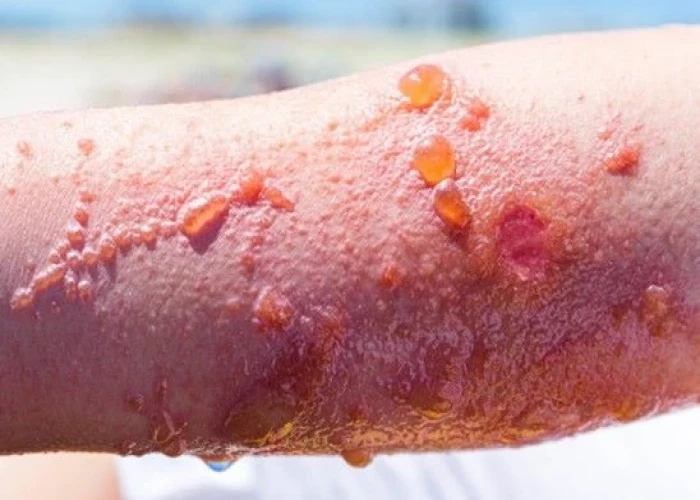
Poison ivy rash
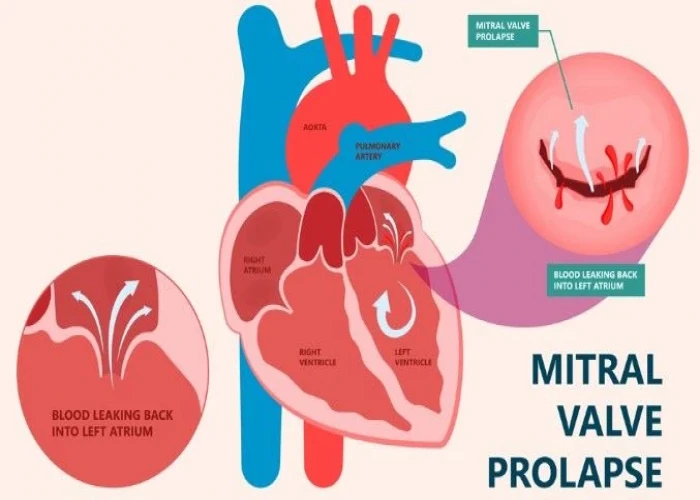
Mitral valve regurgitation
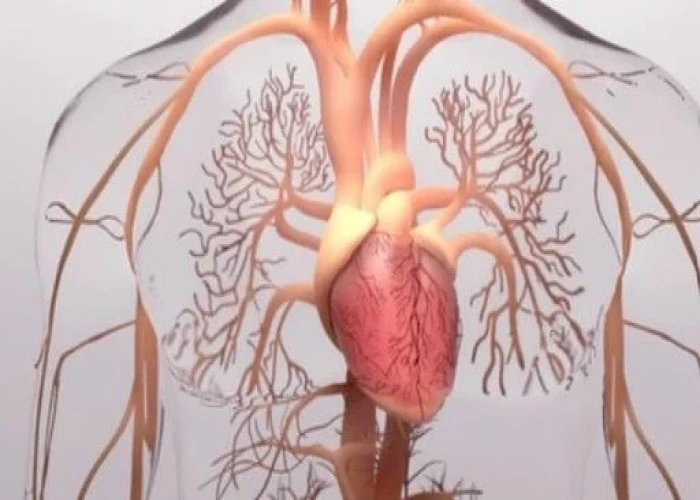
Pulmonary hypertension
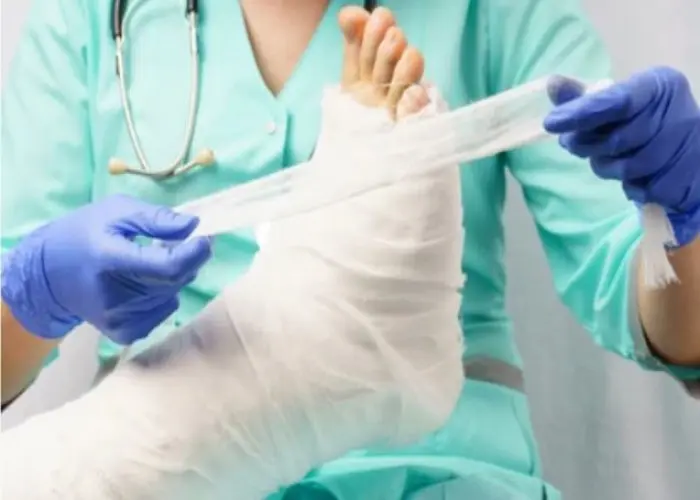
Broken foot

Costochondritis

Chronic hives
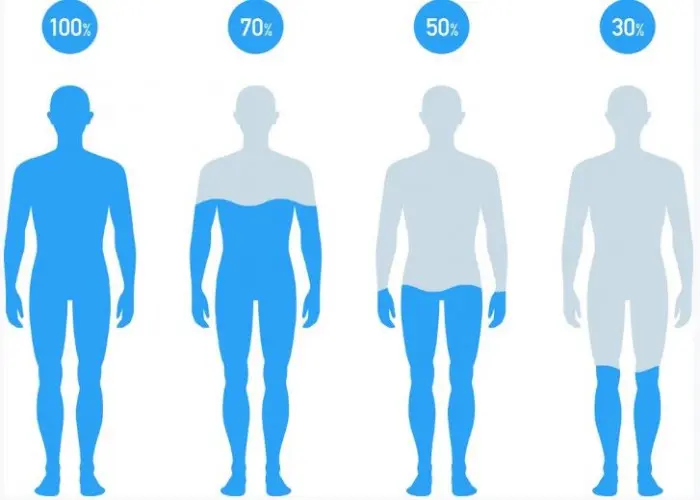
Dehydration
soft tissue sarcoma, নরম টিস্যু সারকোমা
To be happy, beautiful, healthy, wealthy, hale and long-lived stay with DM3S.
